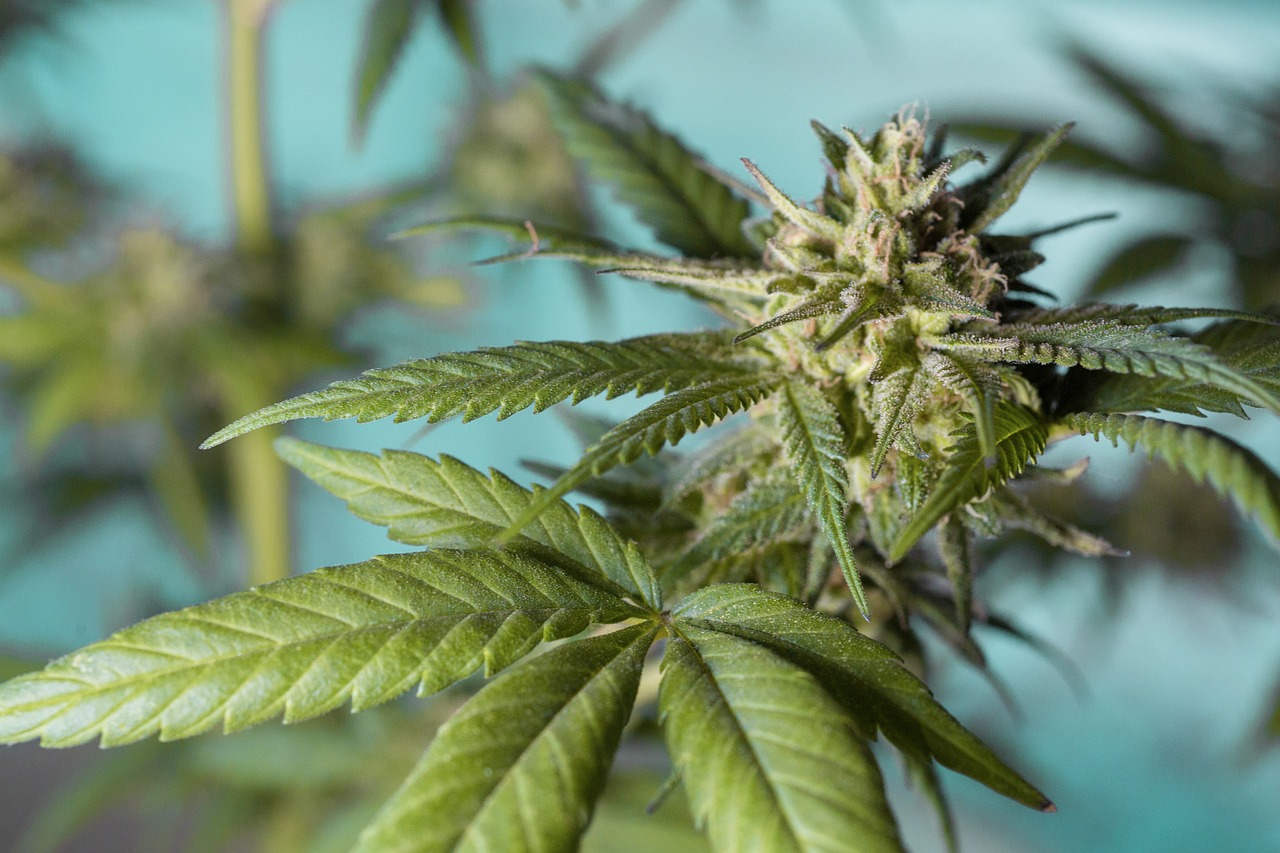In recent years, the cannabis industry has seen a surge in interest surrounding non-psychoactive compounds. Among these, THCA (tetrahydrocannabinolic acid) has emerged as a significant focus for researchers and consumers alike. Unlike its more famous counterpart THC, THCA does not produce the “high” associated with cannabis consumption. This article explores the unique properties of THCA flower for skin health, its potential benefits, and its growing popularity.
Understanding THCA
THCA is a cannabinoid found in raw and live cannabis plants. It is the acidic precursor to THC, meaning it converts to THC when exposed to heat through a process called decarboxylation. This transformation is what typically occurs when cannabis is smoked or vaporized. In its raw form, THCA remains non-psychoactive, making it an attractive option for those seeking the therapeutic benefits of cannabis without the mind-altering effects.
How THCA Works
THCA interacts with the body’s endocannabinoid system, a complex network of receptors and enzymes that regulate various physiological processes. While THCA does not bind directly to CB1 receptors in the brain like THC, it influences other receptors and pathways, contributing to its potential health benefits.
Potential Benefits of THCA
Research into THCA is still in its early stages, but preliminary studies and anecdotal evidence suggest several potential benefits:
- Anti-inflammatory Properties: THCA may help reduce inflammation, making it a potential option for those with conditions like arthritis or inflammatory bowel disease.
- Neuroprotective Effects: Some studies indicate that THCA could offer neuroprotective benefits, which might be beneficial for neurodegenerative diseases such as Alzheimer’s and Parkinson’s.
- Anti-emetic Properties: THCA has shown promise in reducing nausea and vomiting, which could be helpful for patients undergoing chemotherapy.
- Appetite Stimulation: Like THC, THCA may stimulate appetite, offering potential benefits for individuals with eating disorders or those undergoing treatments that affect appetite.
THCA in the Market
The growing interest in THCA has led to an increase in products available on the market. Consumers can find THCA in various forms, including raw cannabis flower, tinctures, and capsules. The demand for these products is driven by individuals seeking the therapeutic benefits of cannabis without the psychoactive effects.
Case Studies and Consumer Experiences
Several case studies and consumer testimonials highlight the potential of THCA. For instance, some patients with chronic pain have reported significant relief after incorporating THCA into their treatment regimen. Others have noted improvements in mood and energy levels, attributing these changes to the anti-inflammatory and neuroprotective properties of THCA.
Legal Considerations
The legal status of THCA varies by region. In some areas, THCA is considered legal as long as it remains in its non-psychoactive form. However, once it is decarboxylated into THC, it may fall under different legal restrictions. Consumers should be aware of the regulations in their area before purchasing or using THCA products.
Research and Future Directions
As interest in THCA continues to grow, so does the need for further research. Scientists are exploring the full range of its potential benefits and how it can be effectively utilized in medical treatments. Ongoing studies aim to better understand the mechanisms through which THCA interacts with the body and its long-term effects on health.
Statistics and Trends
Recent surveys indicate a rising trend in the use of non-psychoactive cannabis products. According to a 2022 report, the market for THCA and similar compounds is expected to grow by 20% annually over the next five years. This growth reflects a broader shift towards natural and holistic health solutions.
Conclusion
THCA flower represents a promising development in the cannabis industry, offering potential therapeutic benefits without the psychoactive effects of THC. As research progresses, it may become a valuable tool for managing various health conditions. Consumers interested in exploring THCA should stay informed about the latest findings and legal considerations. With its unique properties and growing popularity, THCA is poised to play a significant role in the future of cannabis-based wellness.



